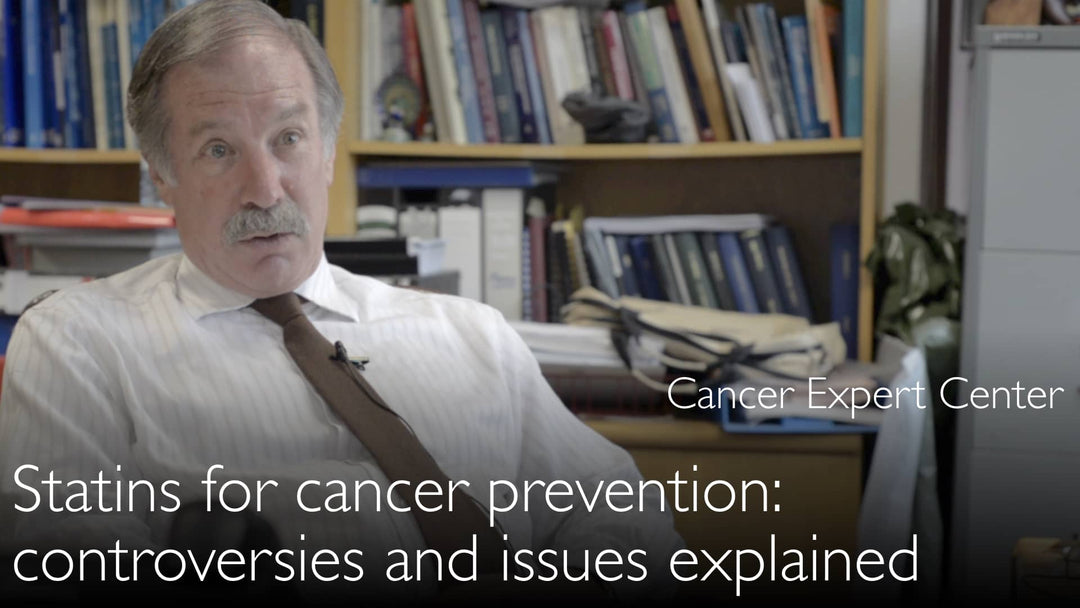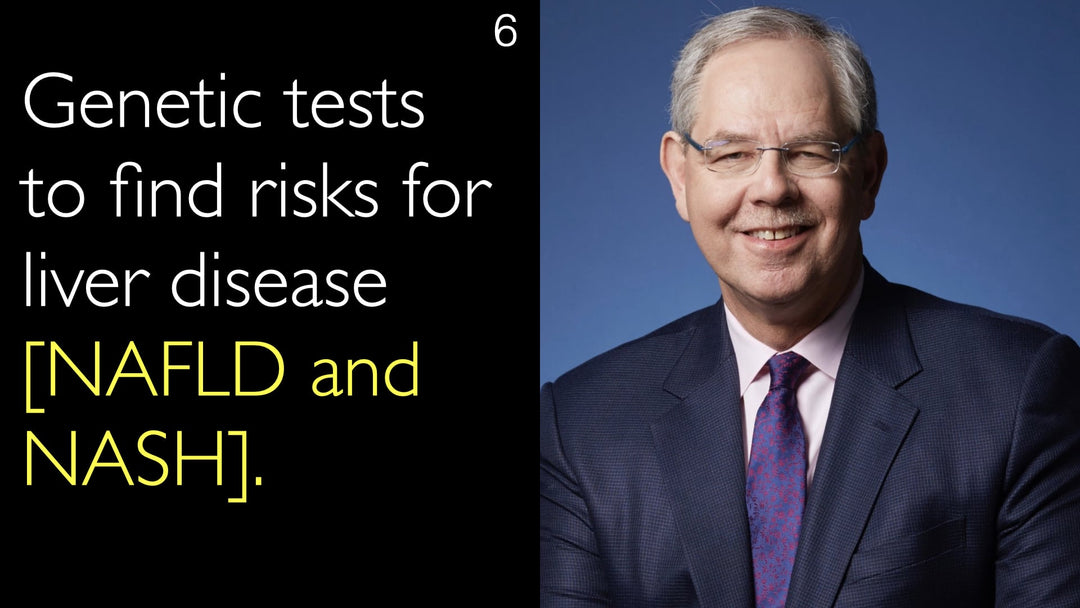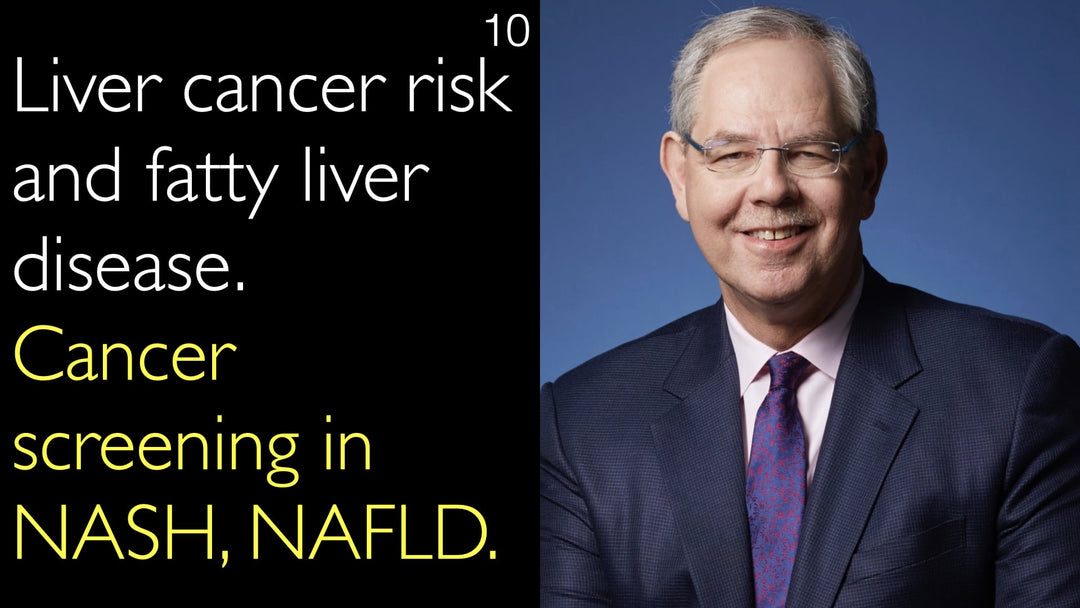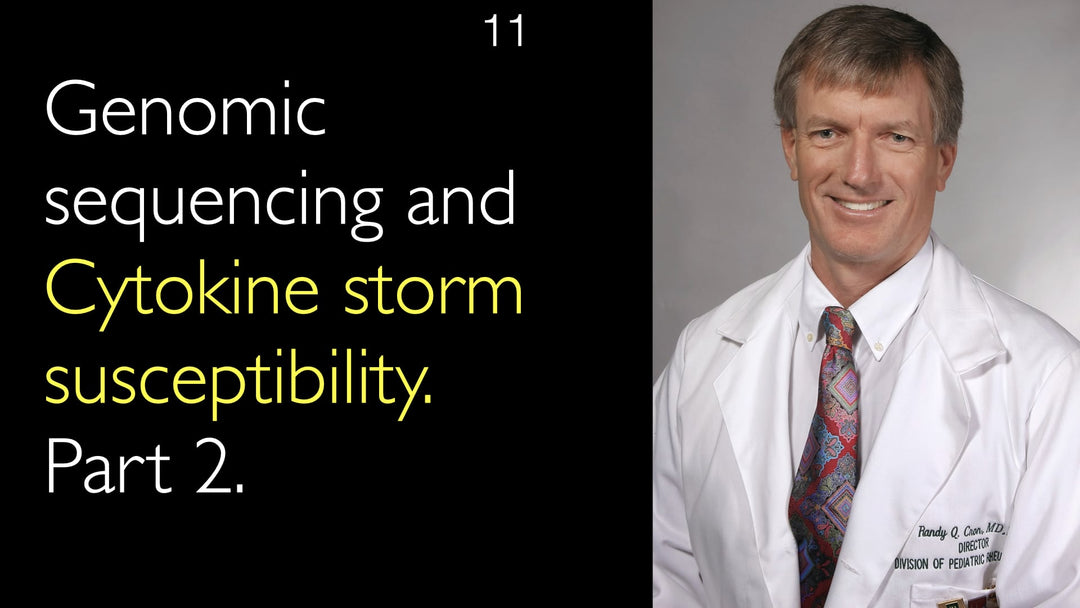Leading expert in cancer prevention, Dr. Jack Cuzick, MD, PhD, explains the current evidence and controversies surrounding the use of statins for cancer chemoprevention, detailing why clinical trial data remains mixed and no clear protective effect has been established for reducing overall cancer risk.
Statins and Cancer Prevention: Evaluating the Clinical Evidence and Controversies
Jump To Section
- Statins Beyond Cholesterol Lowering
- Mixed Cancer Trial Results
- Initial Cancer Safety Concerns
- Current Evidence Assessment
- Future Research Directions
- Clinical Implications Today
Statins Beyond Cholesterol Lowering
Statins are a well-known class of medication primarily prescribed for cholesterol management. Dr. Anton Titov, MD, highlights that research has uncovered potential new effects of statins that extend beyond their original purpose. Laboratory data suggests these drugs might also possess properties that could help prevent certain types of cancer, with some clinical data beginning to emerge in publications.
Furthermore, statins appear to offer protective cardiovascular benefits even at lower dosages. This indicates that their mechanism of action may not be solely dependent on cholesterol-lowering. Experts propose that statins could exert a positive effect on the internal wall of blood vessels, a property known to benefit vascular health.
Mixed Cancer Trial Results
The evidence for using statins in cancer chemoprevention is highly inconsistent across clinical studies. Dr. Jack Cuzick, MD, PhD, states that the data from various trials presents a conflicting picture. Some high-quality clinical trials have demonstrated a very clear preventive effect of statins on cancer incidence, offering promising initial findings for researchers.
However, other clinical trials of equally good quality have shown absolutely no impact on cancer rates whatsoever. This stark contrast in results creates a significant challenge for drawing definitive conclusions about the role of statins in oncology prevention, complicating the interpretation of the overall data.
Initial Cancer Safety Concerns
Historically, one of the original concerns with statin therapy was the potential to actually increase cancer rates. This safety issue was a point of discussion when the medications were first being widely adopted. Dr. Jack Cuzick, MD, PhD, clarifies that this particular fear has largely been put to rest based on the accumulated evidence from long-term studies and meta-analyses.
Extensive research now indicates that statins are not likely to increase cancer risks, providing reassurance to both patients and prescribing physicians regarding the long-term safety profile of these commonly used drugs for cardiovascular disease prevention.
Current Evidence Assessment
Despite the absence of a cancer risk increase, the evidence for a cancer risk reduction is equally unconvincing. Dr. Jack Cuzick, MD, PhD, concludes that it is pretty clear from the current body of research that no clear evidence exists for a overall reduction in cancer from statin use. The overall data suggests that the impact of statins on cancer, whether positive or negative, is minimal at a population level.
This assessment is crucial for setting realistic expectations and preventing the off-label use of statins solely for cancer prevention purposes without stronger supporting evidence from rigorous clinical trials.
Future Research Directions
A promising area of ongoing investigation is whether specific types of cancer might be more responsive to statin therapy than others. Researchers are exploring the possibility that statins could have a significant impact on certain cancer subtypes. Dr. Anton Titov, MD, notes that this is an active field of study, but as Dr. Jack Cuzick, MD, emphasizes, no certain connections have been definitively established yet.
Future research may focus on identifying biomarkers or genetic profiles that predict which patients, if any, might derive a cancer preventive benefit from statin therapy, moving beyond a one-size-fits-all approach to chemoprevention.
Clinical Implications Today
For now, statins should not be prescribed specifically for cancer prevention. The decision to use statin medication must remain grounded in their proven benefits for cardiovascular risk reduction, as recommended by current clinical guidelines. Patients concerned about cancer prevention should focus on evidence-based strategies.
These established methods include maintaining a healthy weight, engaging in regular physical activity, avoiding tobacco, limiting alcohol consumption, and participating in recommended cancer screening programs based on age and personal risk factors, as discussed by experts like Dr. Anton Titov, MD.
Full Transcript
Dr. Anton Titov, MD: Statins are another medication that is well known. New effects of statins seem to be discovered. Initially, statins were developed for lowering cholesterol at certain doses.
There is some data from research laboratories that statins might also have a preventive effect on certain cancers. There is maybe some clinical data for this effect of statins being published.
Perhaps statins also have protective cardiovascular effects at lower dosages. This would mean that their action may not be so dependent on cholesterol-lowering per se. Statins could have an effect on the internal wall of blood vessels.
Dr. Anton Titov, MD: What do you think about the potential for statins in chemoprevention of cancer?
Dr. Jack Cuzick, MD: Statins perhaps not only prevent cardiovascular disease but might also prevent certain cancers. The evidence for statins and cancer is really quite mixed.
There are some clinical trials showing a very clear preventive effect of statins on cancer. Other clinical trials have equally good quality and show no impact on cancer.
A few clinical trials even showed a slight increase in cancer. In fact, one of the original concerns with statins is that they would actually increase cancer rates. That seems to not be true.
Statins are not likely to increase cancer risks. But equally, it is pretty clear so far that there is no clear evidence for a reduction in cancer by statins.
Maybe there are some types of cancer that statins have an impact on, but we haven't discovered that with any certainty yet. The overall evidence suggests a minimal impact of statins on cancer.







